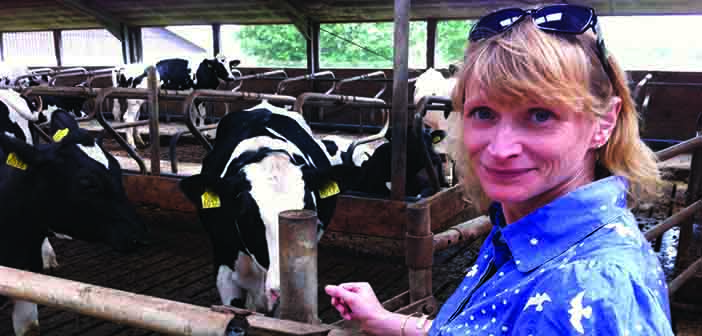For dairy and beef farmers facing big increases in production costs, Animax said that relief is probably most realistic as small gains in multiple areas.
Dr Elizabeth Berry, veterinary director at Animax, said that one possibility is essential trace elements, which are critical to cattle performance but needed only in tiny daily amounts.
Dr Berry said: “Even small day-to-day inconsistencies can affect cattle performance. With selenium, for example, the daily requirement for 100 dairy cows would fit into one salt sachet that you get with takeaway food. The same principle applies to youngstock and beef cattle.
“No matter how thorough the mixing appears to be, there is always a risk with bagged minerals of unpredictable particle dispersal in TMRs, jeopardising accuracy and animal performance.”
Among other supplementation routes, Dr Berry suggested that free-access licks are equally subject to animal-to-animal variation due to preferential uptake and herd pecking order, while drenches need repeating frequently.
She added: “Much of UK grassland, and therefore silage and hay, is deficient in essential trace elements. The autumn transition from grazing to housed feeding is an ideal time to select the most accurate method available for essential trace element supplementation.”
Otherwise, deficiencies can impact energy metabolism, critical enzymes and hormones, and some aspects of immune function. Accurate supply of cobalt, iodine and selenium, with or without copper, is possible for 180 days at a time with a Tracesure bolus.
Dr Berry added: “Cobalt is needed by rumen bugs for producing vitamin B12, an essential component in energy metabolism and producing red blood cells. Iodine regulates metabolism and conversion of food into energy. Selenium is needed for enzyme synthesis and plays a crucial part in immune function and fertility.
“Where copper is also deficient, most farmers are already aware of past bad experience.”


